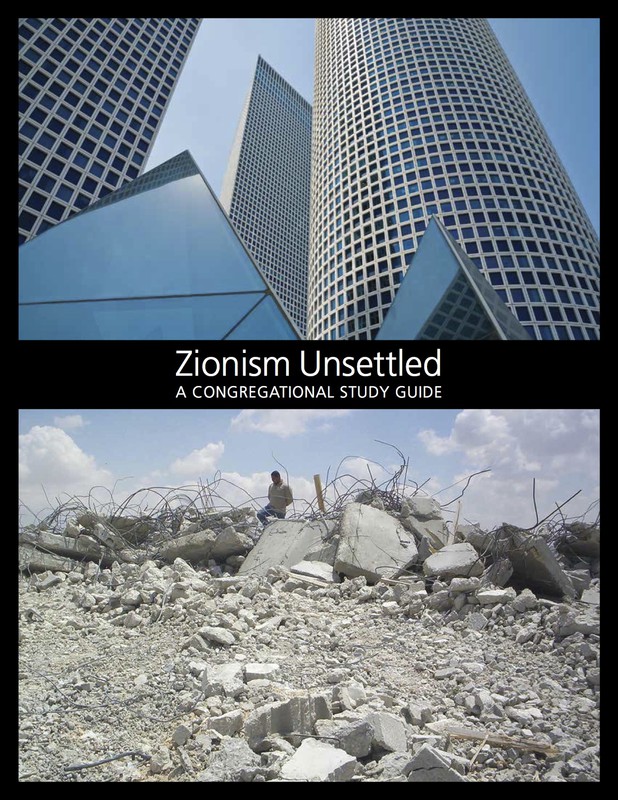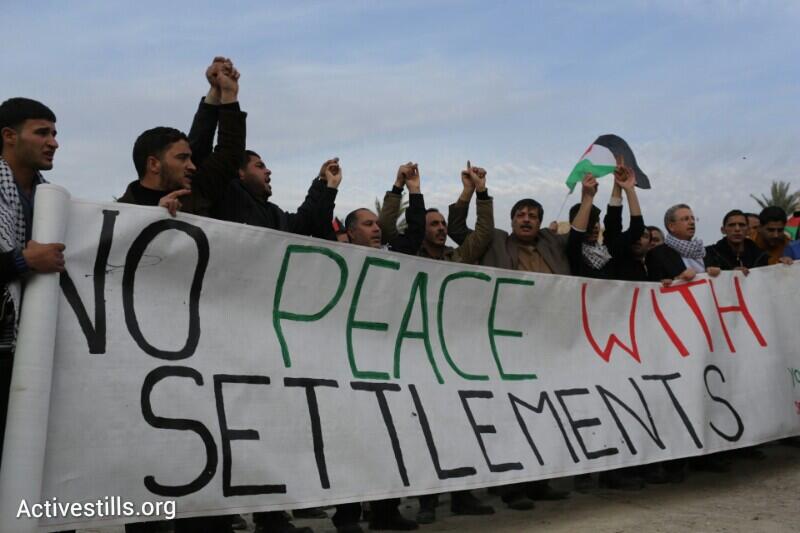Category: In the Media
-
Palestinians launch “Melh Al-Ard” campaign by reviving Ein Hijleh Village in the Jordan Valley
31st January 20014 | Popular Struggle Coordination Committee | Jordan Valley, Occupied Palestine Hundreds of Palestinians announced today the launching of “Melh Al-Ard” (Salt of the Earth) campaign by reviving the village of Ein Hijleh in the Jordan Valley on land belonging to the Orthodox Church and St. Gerassimos monastery. The campaign is launched in refusal…
-
Two people were injured and dozens more suffered from tear gas inhalation at weekly demonstration in Bil’in
24th January 2014 | FFJ Media Center | Bil’in, Occupied Palestine Two people were injured and dozens of other civilians, including international solidarity supporters, suffered from tear gas inhalation during Bil’in’s weekly protest against the wall and settlements. This week, the demonstrators also marched in protest of the continued siege and starvation of the Yarmouk…



